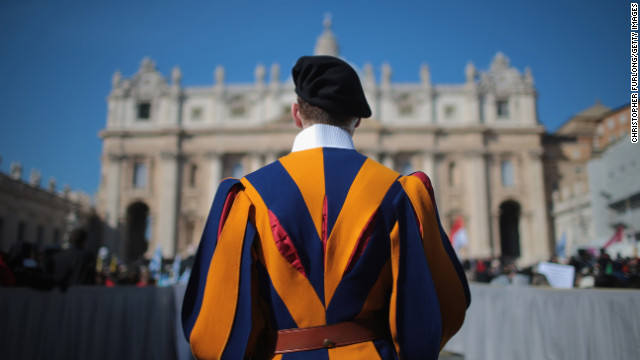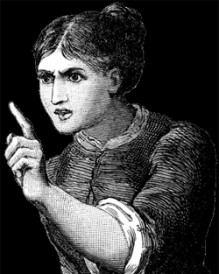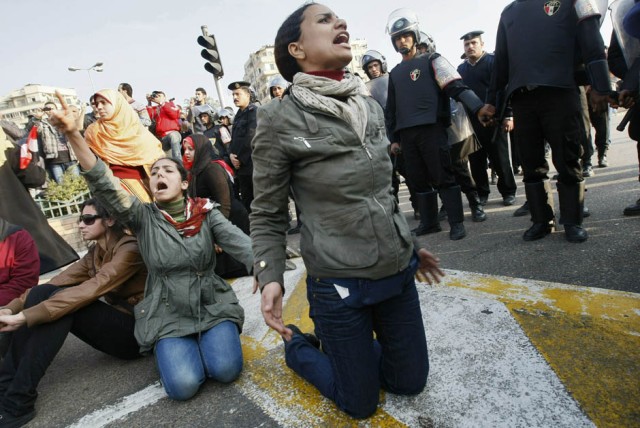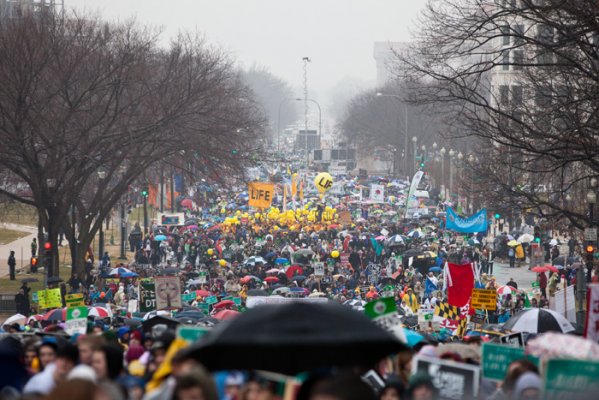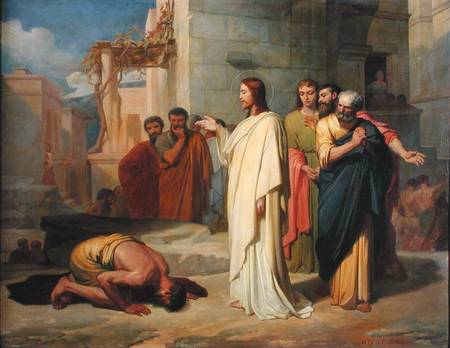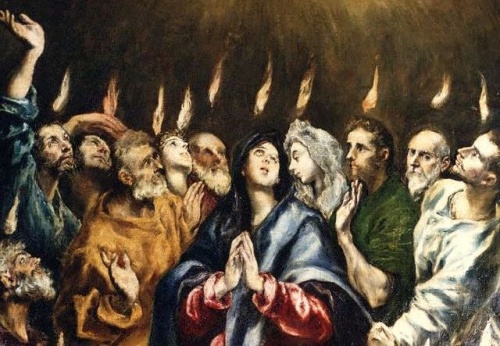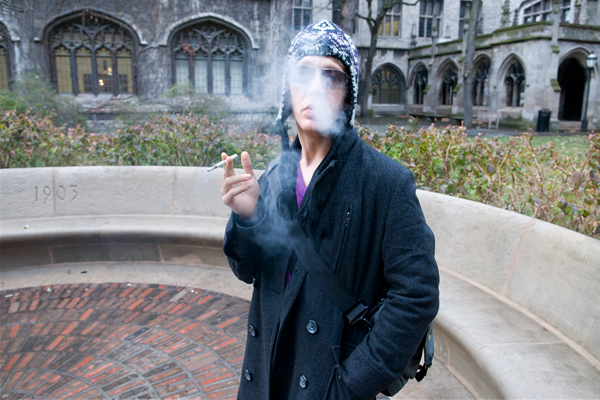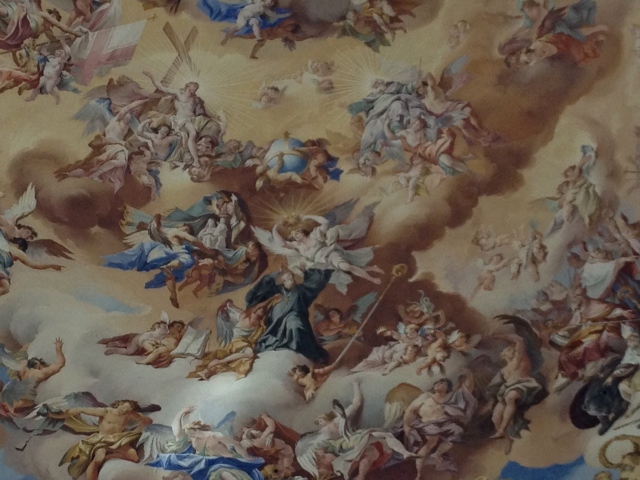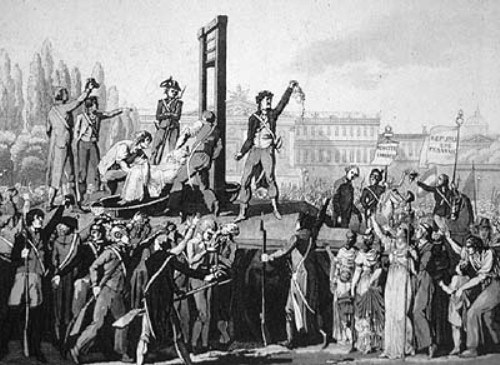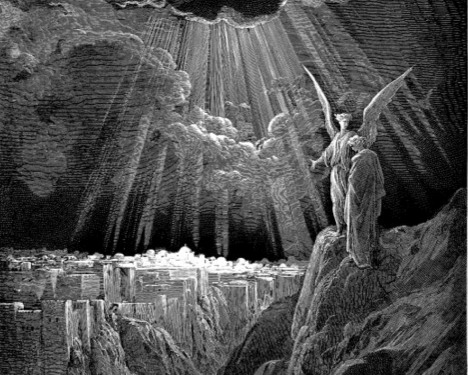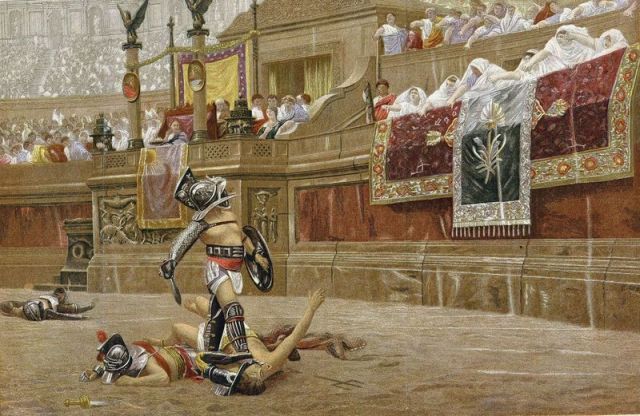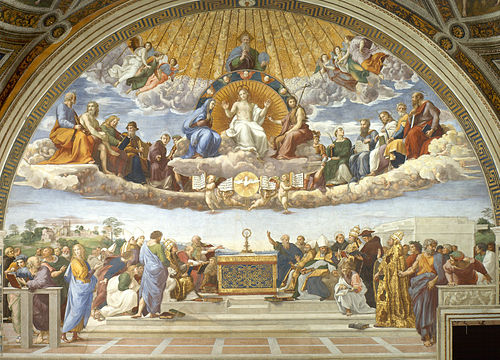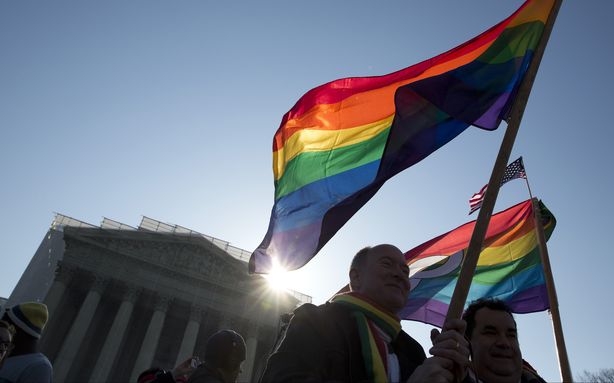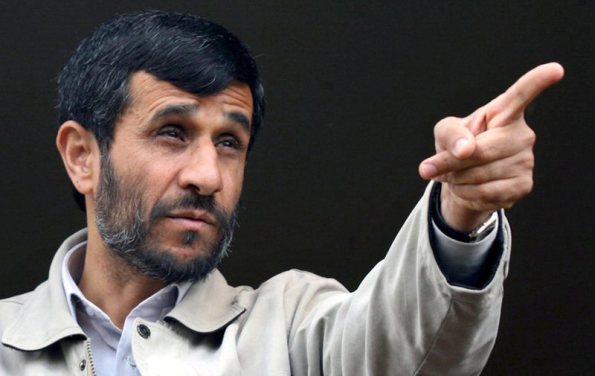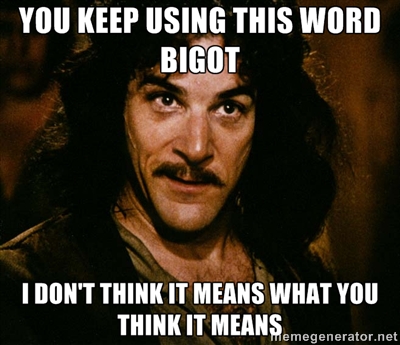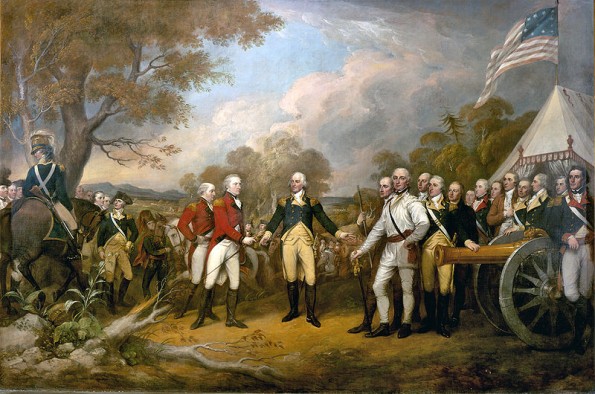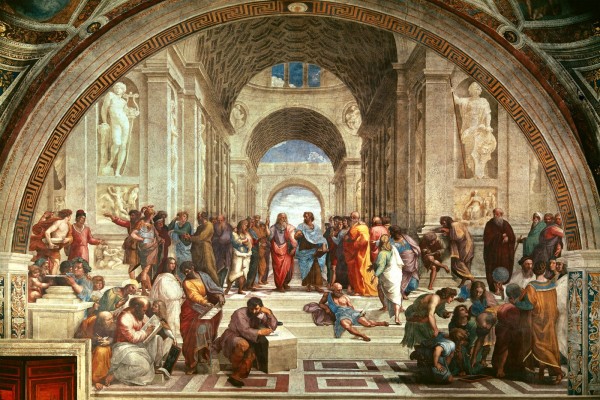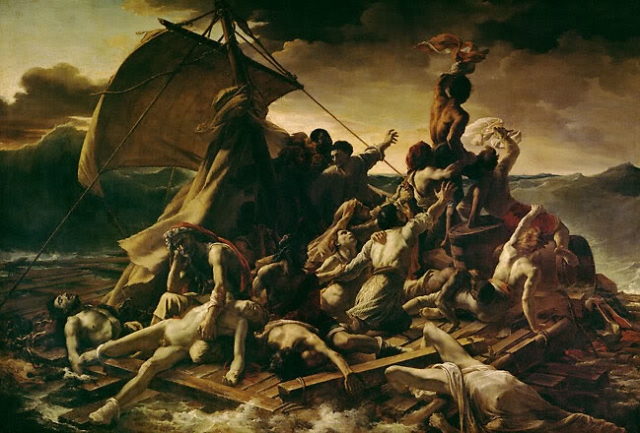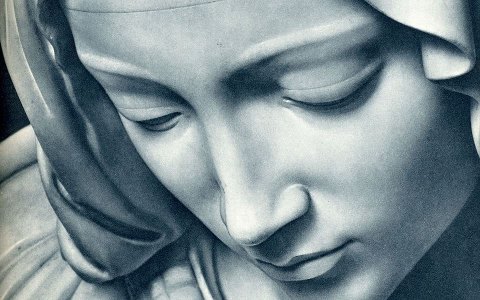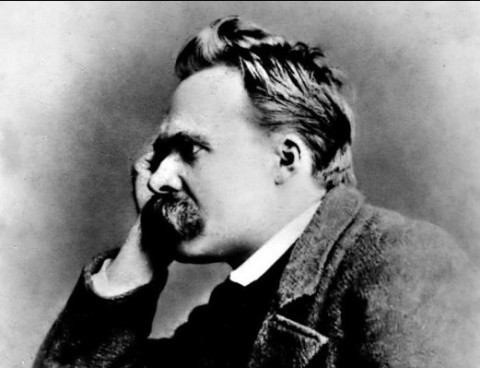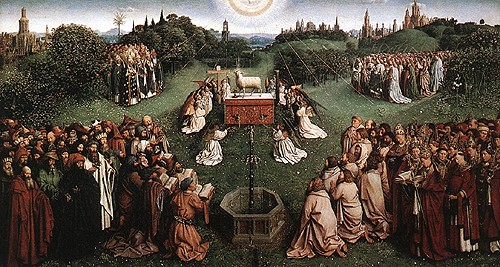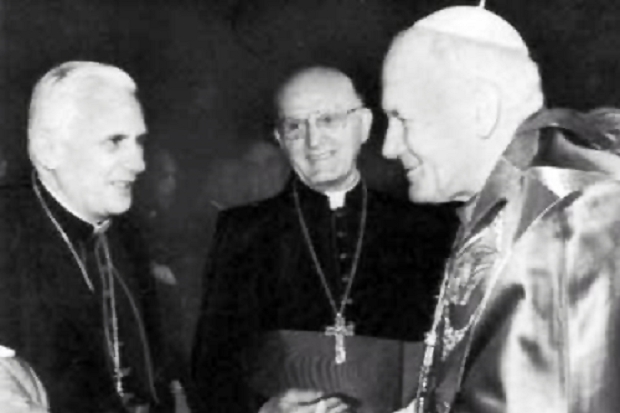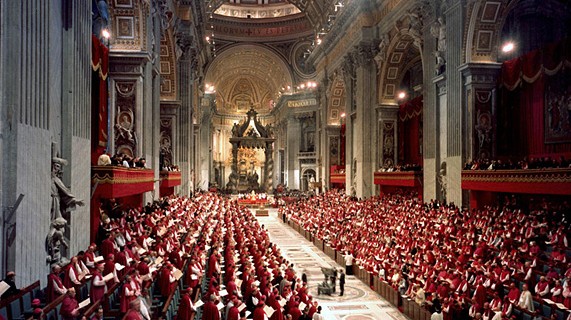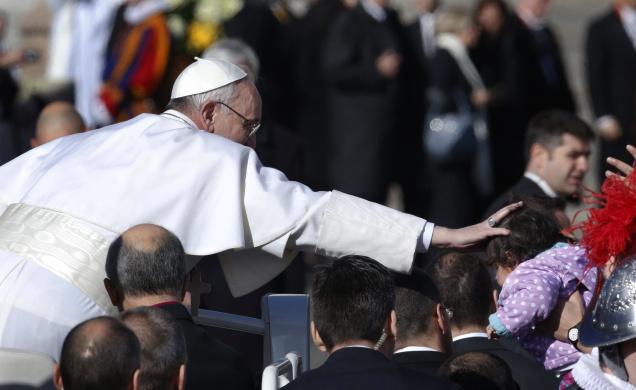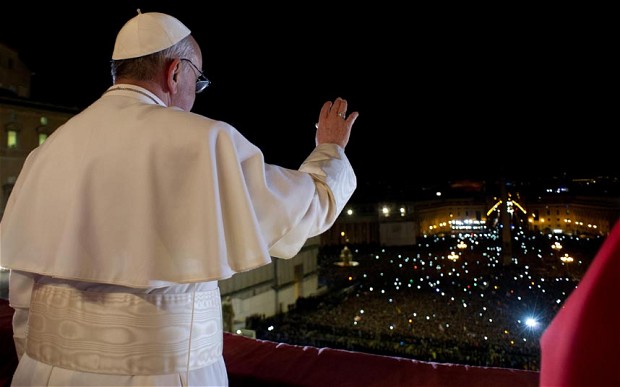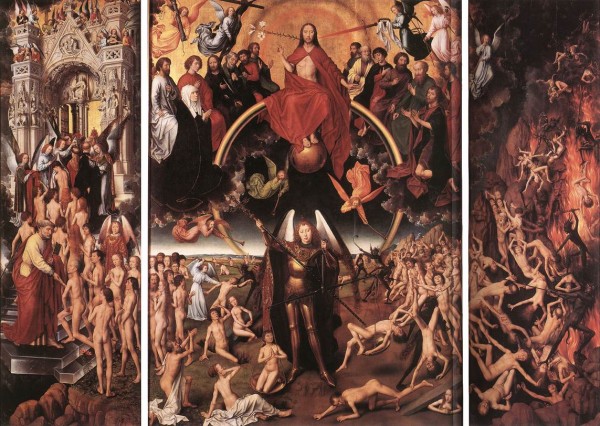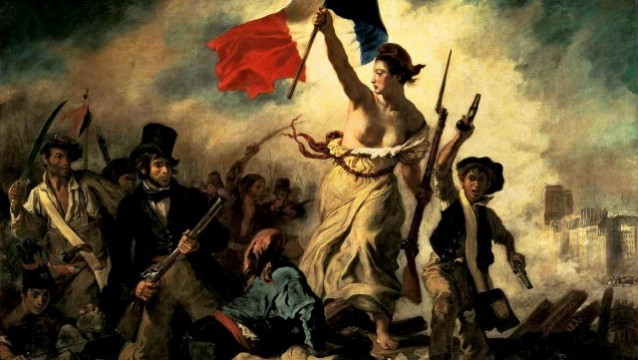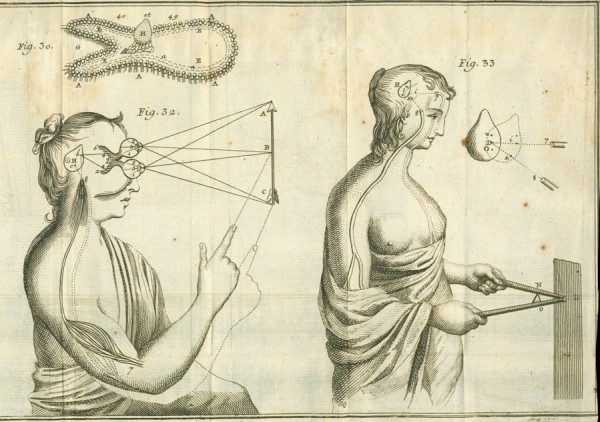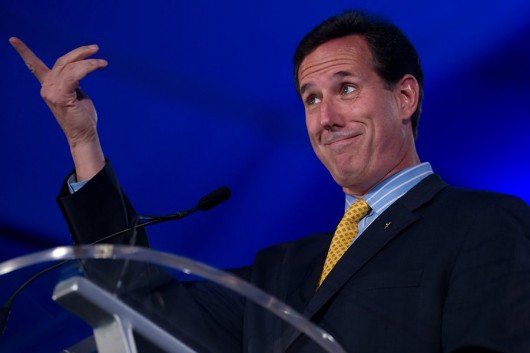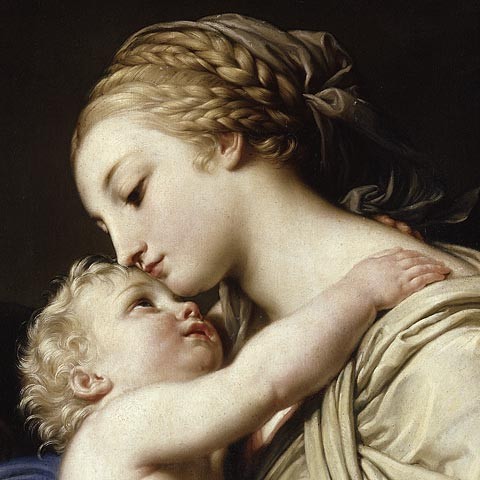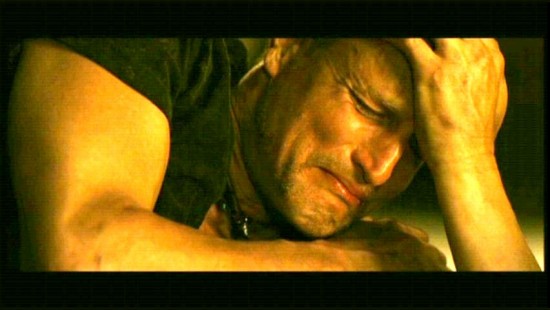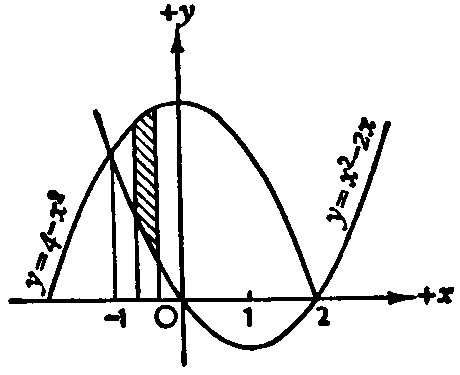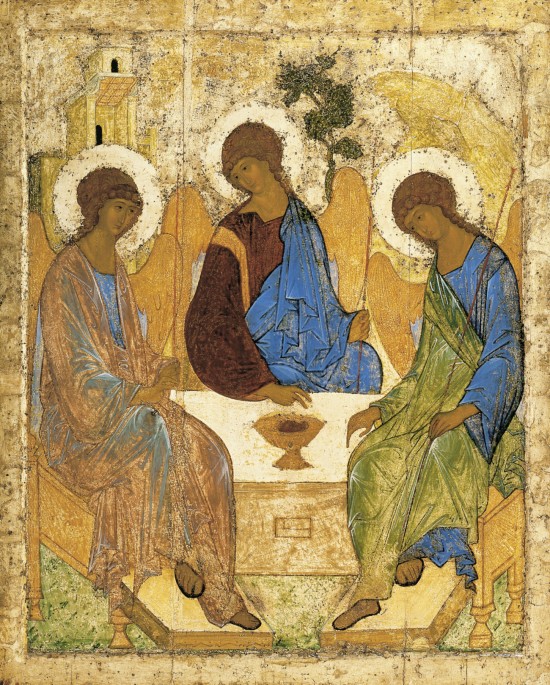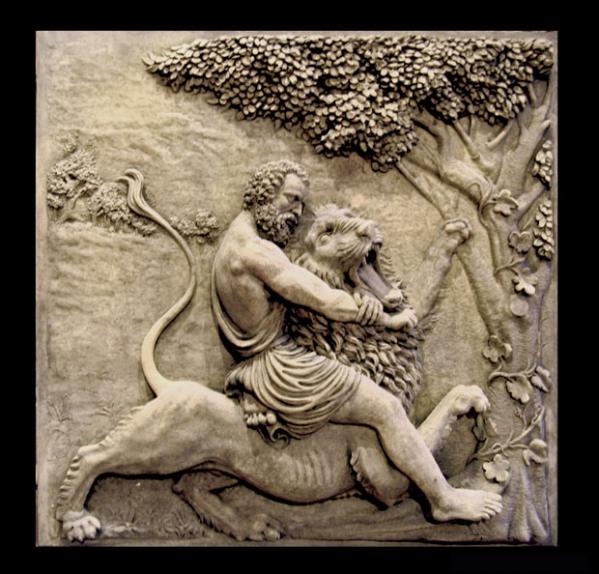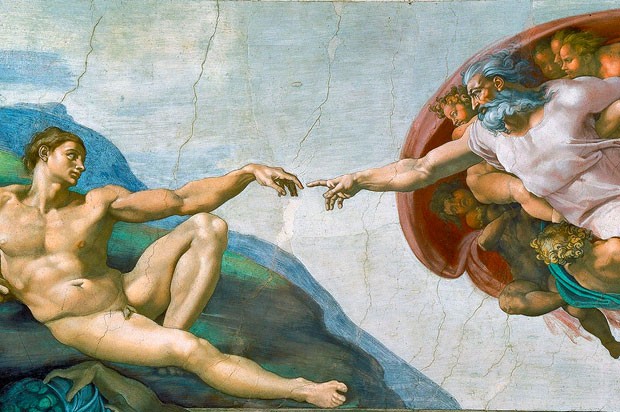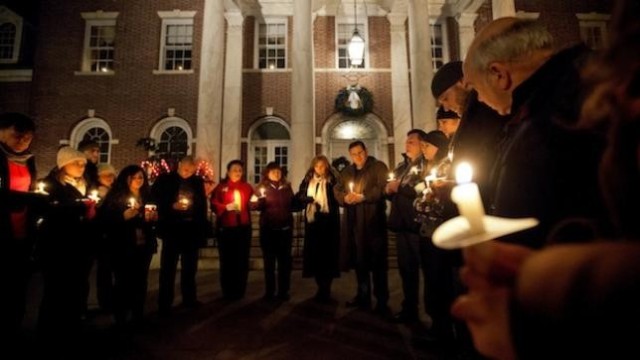As I write this, Pope Benedict XVI is officially resigning his post as Pope and entering into a hidden life of prayer and contemplation on behalf of the Church he has shepherded for these past 8 years. And while I know that the internet is currently being flooded with a series of tributes and critiques, I cannot help but throw my hat in the ring for this man and take the opportunity to express my gratitude before God for the graced years of his pontificate, years which now seem all too short.
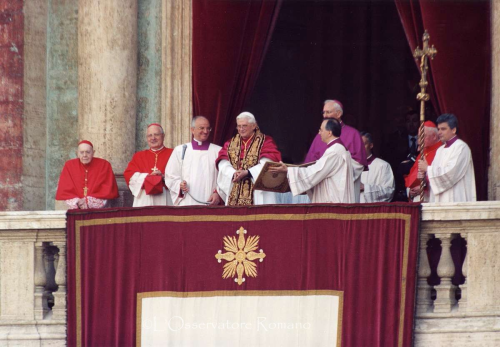
It seems funny to say, but the day of his election on April 19, 2005 remains one of the happiest of my life. As soon as I heard the bells ringing outside my bedroom window on that beautiful spring day in Milwaukee, and my roommate burst the door to announce with bated breath that “We have a Pope!”, I knew there was no way my Shakespeare paper was going to be completed on time. I flew down the stairs to delve into the drama and tension of papal ceremony. And when I heard that familiar ‘Josephum’ break from the announcing cardinal’s lips, I could not conceal my euphoria. The emotions were more intense than any sporting event in my experience before or since. I leapt from my couch, dawned my newly minted Cardinal Ratzinger Fanclub tee-shirt (which had providentially arrived just the day before – already outdated by its first wear) and went to tour campus and city with joyful cries of ‘Habemus Papam!’ and ‘Viva Il Papa!’
Okay, I’ll admit it: I was already a Catholic dork. And I can understand how my exuberant reaction to the news of Ratzinger’s election might seem incomprehensible to some. This Pope has, of course, been woefully mischaracterized by the media on almost every possible occasion. Upon his election we heard of nothing but his dark past as the Vatican’s doctrinal “watch-dog” and of the impending reign of a merciless, dogmatic “Panzer-Pope”. And throughout his papacy he has been continually impugned as insensitive, out of touch, irresponsible, anti-Islamic, anti-Semitic, reactionary, even as an international criminal responsible for a global cover-up of child sex-abuse. Those who knew the man, however, or who took the time to actually read his writings as theologian and Pope, were quickly able to see through the mists of such bombastic reports.
In truth, the chief characteristics of this pope have been gentleness, sensitivity, wisdom, humility, and joy. His lack of guile at times got him into trouble, but this had more to do with his straight-forward simplicity than with any purported naïveté’ or clumsy ineptness in public relations. I have never ceased to be amazed by the combination of depth and simplicity in his reflections, and by the facility (on display to the very end) with which he communicates the beauty and joy of the life of faith, the life of the Church, the life of friendship with Jesus Christ. He has been a Pope who has pointed the Church back to the basics, both by his own unassuming personality, and by his consistent Christocentric focus.
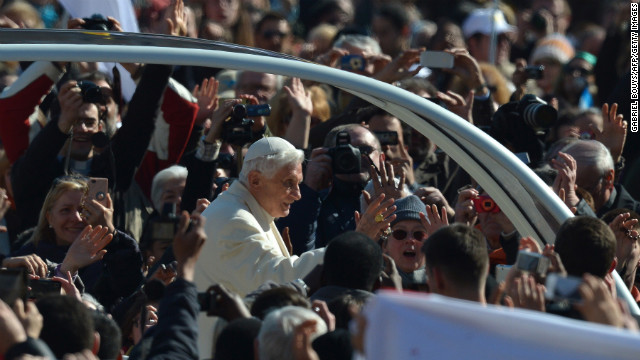
There is, of course, entirely too much to say. But I would like to highlight one characteristic of Benedict that has always impressed me, and from which I believe the Church has much to learn in its continuing mission of evangelization: namely, his intellectual charity. Despite the many caricatures of him as a rigid reactionary, in fact his intellectual life has been typified by a profound capacity and willingness to take his opponents’ arguments seriously and sympathetically. Consistently, when engaging in some point of controversy, he would begin from the starting-point of his ideological ‘enemies’, recognizing their legitimate concerns and granting their strongest arguments, before moving to argue for his position on their terms.
His ability in this regard was quite frequently breathtaking, and I would argue that it provides a model for the Church in at least three respects. First, in its positivity. Benedict consistently began by emphasizing the positive elements in his adversaries positions, and closed by presenting his or the Church’s position as something positive in relation to his adversaries concerns. Quite in contrast to the typical depiction, Benedict was not ‘confrontational’. He was a man of genuine dialogue.
Nevertheless, and this is the second point, as a man of dialogue he was always realistic in admitting the presence of genuine conflict. His adversaries, while always respected, remained adversaries. He refused to gloss-over important difficulties with sweet-sounding platitudes. Indeed, he rejected such language games as destructive of any genuine dialogue, and more significantly, of any genuine human communion. In a manner no-doubt paradoxical to many, he recognized the admission of difference as a critical pre-requisite on the road to unity.
This leads to the third point, that the goal of Benedict’s dialogue was always unity. He was wary of the false-synthesis, and of the cheap peace of politicians who grit their teeth as they shake hands; but the point of this suspicion was never division for its own sake. He was not a ‘divisive’ pope. He simply sought a genuine unity, i.e. a unity in truth. Of course, he was always prepared for the very real possibility that human freedom might reject the terms of that unity. But unity remained the goal nevertheless, even as he saw through the chimera of a peace built on relativism.
Positive, genuine, unifying. These facets of Benedict’s intellectual charity are not merely admirable qualities for an academic. Ultimately, they manifest the deeper dynamic of Christian charity, mirroring the love of Christ, who was (so to speak) God’s definitive attempt to re-unite us to himself by speaking our language. As such, I would argue that they provide a way forward for the Church: not defensive but confident; positive; seeking the unity for which Christ came without being afraid of the real possibility of rejection and division. In an age when we can be tempted towards pessimism, negativity, and isolation, Benedict offers a positive model for the Church as she continues to engage in the effort of the new evangelization.
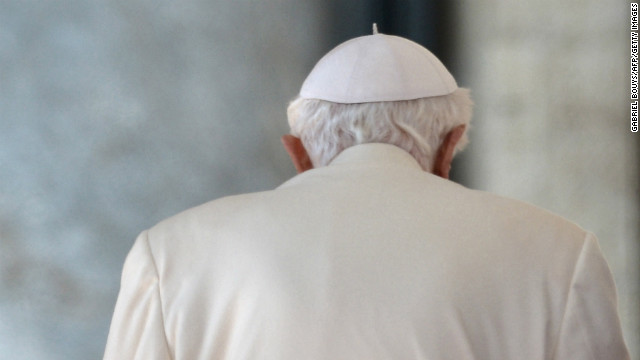
Of course, Benedict would never assent to holding himself up as a model for the Church. His ministry has always been marked by an evident and profound humility. In some ways there is a great fittingness to his departure now, and his recession into the grandfatherly role of intercession and contemplation, mirroring as it does the modesty of his papacy’s beginnings. It is bittersweet: a re-affirmation of the virtues for which this Pope was so well loved, mixed with the sorrow of departure. Yet already hope wells up in anticipation of the Holy Spirit’s next move in this drama of the history of the Church. Again and again we see manifested in her life the Paschal mystery: the death and the resurrection of her Lord.
——————————————————————————–
Here are his words of farewell from Thursday at Castel Gondolgfo:
Thank you!
Thank you all!
Dear friends, I am happy to be with you, surrounded by the beauty of Creation and your affection that does me much good. Thank you for your friendship, your love, [applause] …
You know that this day for me is different from previous ones: I am no longer the Supreme Pontiff of the Catholic Church: until eight in the evening I will be still, and then no longer. I am simply a pilgrim who begins the last leg of his pilgrimage on this earth.
But I wish still [applause – thank you!] … but I wish still with my heart, my love, my prayer, my reflection, with all my inner strength, to work for the common good and the good of the Church and of humanity. And I feel very much supported by your affection.
Let’s go forward with the Lord for the good of the Church and the world.
Thank you, I give you now [applause] … with all my heart, my blessing.
[Blessing]
Thank you, good night! Thank you all!
